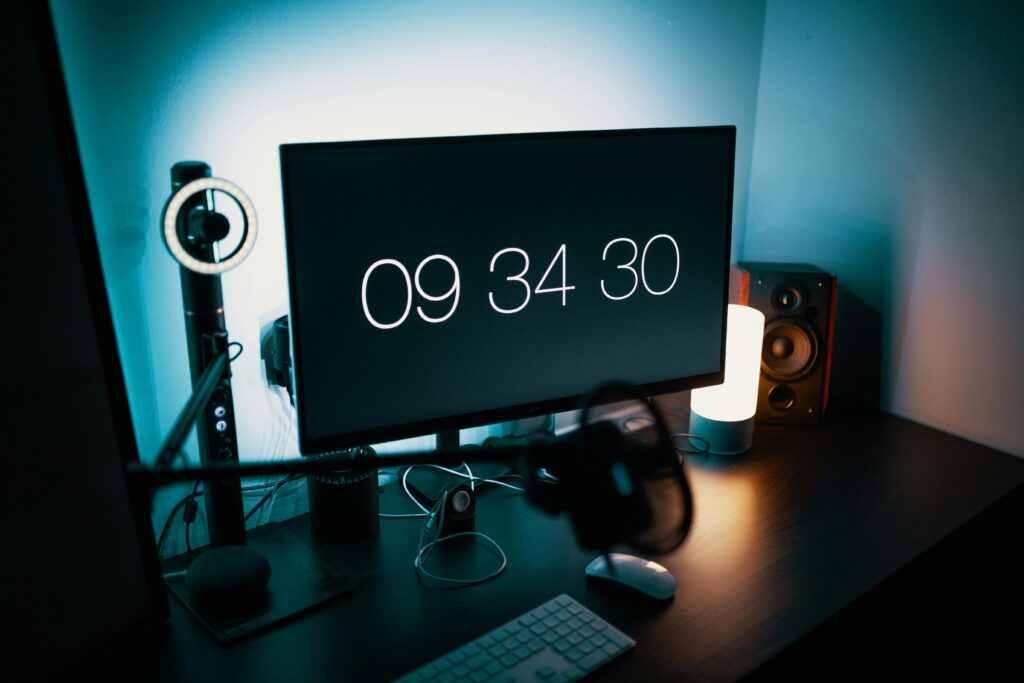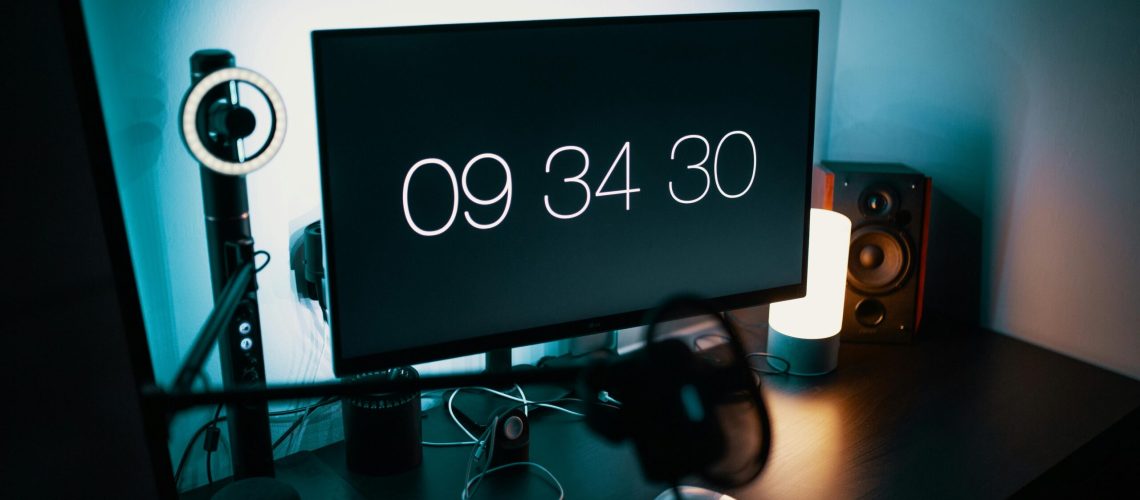Introduction
In the Current Digital Era, Displays Play a Crucial Role in Our Everyday Activities. We spend a lot of time in front of screens, whether for business, pleasure, or social interaction. However, what effects does this screen time have on one’s health? Let’s examine the different ways that screen time affects our mental and physical well-being.

Defining Screen Time
” The Impact of Screen Time on Health ” describes the amount of time spent utilizing screens on electronics including computers, tablets, smartphones, and televisions. This phrase has gained significance as our dependence on digital gadgets has increased.
Why Screen Time Matters
Given that screen time has an impact on many elements of our health, we must understand its effects. The impacts are extensive and can range from mental health disorders like worry to physical problems like eye strain.
Physical Health Impacts
Eye Strain and Vision Problems
Eye strain is among the most noticeable consequences of excessive screen use. Digital eye strain is a condition marked by symptoms like dry eyes, headaches, and blurred vision from prolonged computer staring. Computer Vision Syndrome (CVS) is the term used to describe this.
Poor Posture and Musculoskeletal Issues
Extended periods spent bent over screens can cause bad posture and musculoskeletal issues. For people who spend a lot of time in front of screens, common symptoms include neck, shoulder, and back pain.
Sleep Disturbances
Screen time can disrupt sleep patterns, particularly right before bed. Screen blue light decreases melatonin production, which makes it more difficult to fall asleep and lowers the quality of your sleep.
Mental Health Effects
Anxiety and Depression
An increasing amount of research suggests that excessive screen usage is associated with elevated levels of anxiety and sadness. Mental health problems might arise from the overwhelming need to stay connected and the constant barrage of information.
Screen Time and Cognitive Development in Children
Too much screen time might be detrimental to a child’s cognitive development. Academic performance may be impacted due to its effects on learning capacity, memory, and attention span.
Social Isolation and Loneliness
Screens can promote social isolation even when they offer connectivity. Increased internet usage might result in fewer in-person encounters, which can exacerbate feelings of isolation and loneliness.
Impact on Children and Adolescents
Learning and Academic Performance
Overuse of screens can have a detrimental impact on kids’ academic performance and learning. It can cut down on time spent on educational activities and serve as a distraction from schoolwork.
Behavioral Issues
Children who use screens for extended periods are more likely to display aggressive, hyperactive, and difficulty concentrating behaviors.
Screen Time Guidelines for Kids
Limiting children’s screen usage is advised by experts to prevent developmental disruptions. For example, children between the ages of two and five should not spend more than an hour a day in front of a screen, according to the American Academy of Pediatrics.
Screen Time in Adults
Work-Life Balance
Adults need to manage their screen time to have a healthy work-life balance. Excessive screen usage can cause stress and burnout, particularly when used for work.
Productivity and Multitasking
While screens can aid productivity, they can also encourage multitasking, which can reduce overall efficiency and increase stress levels.
Managing and Reducing Screen Time
Setting Screen Time Limits
One effective way to manage screen time is by setting limits. Designating specific times for screen use can help reduce overall screen time.
Encouraging Physical Activity
Balancing screen time with physical activity is essential. Encouraging regular breaks and physical exercise can mitigate some of the negative effects of prolonged screen use.
Mindful Screen Use
Practicing mindful screen use involves being aware of how and why you’re using screens. This can help in making conscious decisions to reduce unnecessary screen time.
Benefits of Reduced Screen Time
Improved Physical Health
Reducing screen time can lead to better physical health. Less screen time means less eye strain, improved posture, and fewer musculoskeletal problems.
Enhanced Mental Well-being
Lowering screen time can have a positive impact on mental health. It can reduce anxiety, improve mood, and decrease the risk of depression.
Better Sleep Quality
Cutting down on screen time, especially before bed, can lead to better sleep quality. It allows the natural sleep-wake cycle to function properly without the interference of blue light.
Conclusion
In conclusion, while screens are an unavoidable part of modern life, managing screen time is crucial for maintaining both physical and mental health. By being mindful of our screen use and setting appropriate limits, we can mitigate many of the negative effects associated with excessive screen time.
FAQs
How much screen time is too much?
Excessive screen time varies by age and individual needs, but generally, more than 2 hours of recreational screen time per day is considered too much.
Can reducing screen time improve mental health?
Yes, reducing screen time can significantly improve mental health by lowering stress, anxiety, and depression levels.
What are some alternatives to screen time for kids?
Encouraging outdoor play, reading books, engaging in hobbies, and spending quality family time are great alternatives to screen time for kids.
How does screen time affect sleep?
Screen time, especially before bed, can disrupt sleep patterns by suppressing melatonin production, making it harder to fall asleep and reducing sleep quality.
What strategies can help manage screen time?
Setting screen time limits, taking regular breaks, engaging in physical activities, and practicing mindful screen use are effective strategies for managing screen time.
I hope you are having a wonderful day!
Read More: Benefits Of Eating Eggs in Daily Life








